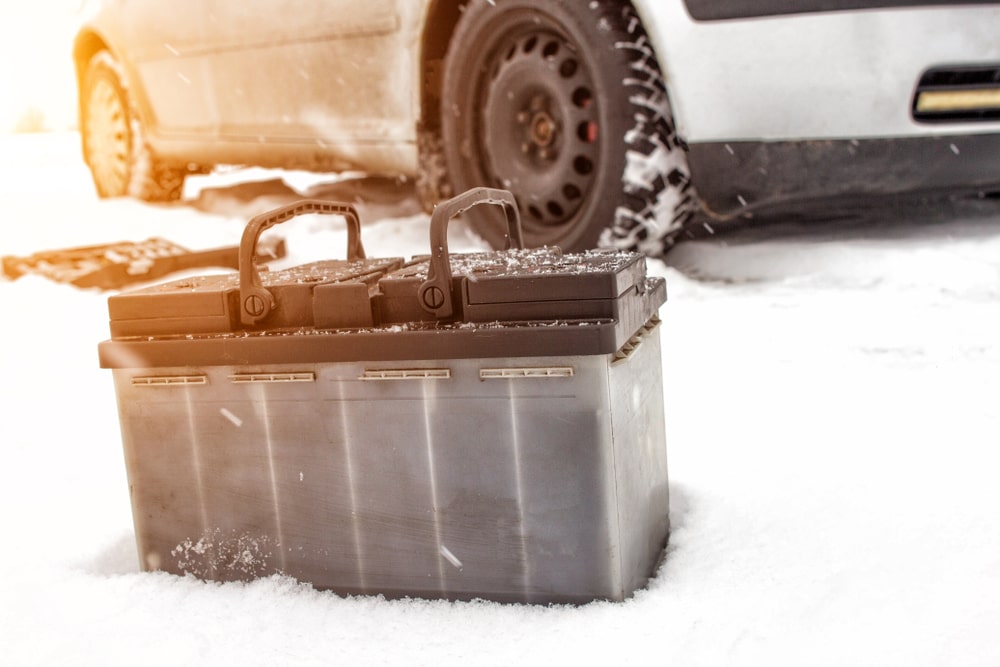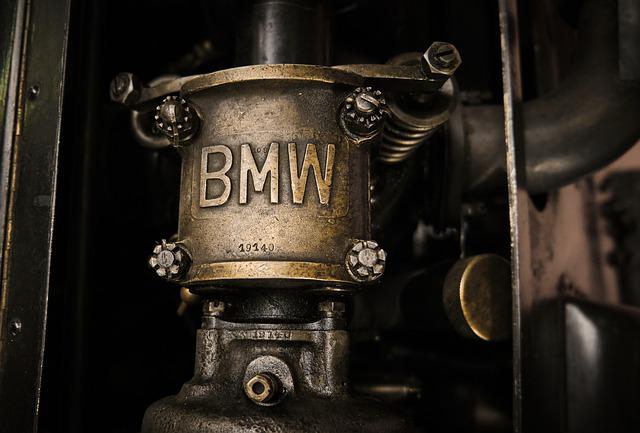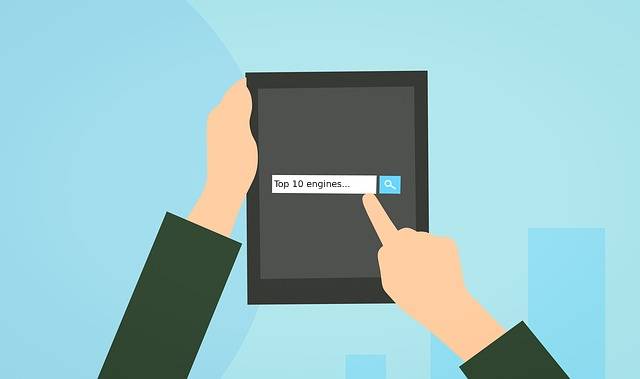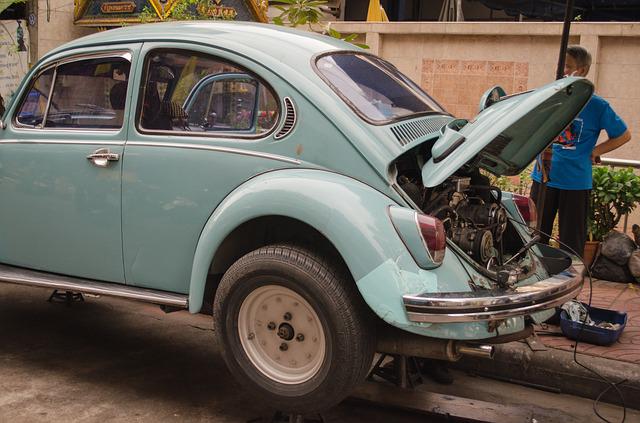How To Change A Dead Car Battery?
Find Used Engines and Transmissions for a Great Price! Live Assistant For Used Engines Call 1800-518-9776

So you’re on the road with your car and the headlights are dimmer than before. Not to mention how slow your engine is cranking and worse, it stops in the middle of driving!
There are a number of reasons why this may happen. Maybe your car was out in the cold for too long, or you didn’t wait for your car to warm up before driving. These might look like minor issues but they put intense pressure on your car’s battery and wear it down.
As much as people take it for granted, your car battery is super important for the functioning of your car - especially for the long term. Your car suffers without power and your engine can’t start without a good car battery.
When your car is old or in bad condition for too long, you will have a dead car battery. If you notice visible damages or leakages from your car battery - it's time to replace it. Either way, all car batteries at some point need to be changed because they wear out on their own with time.
In this blog, you’ll learn about
-
Steps To Change Your Car Battery
-
If Driving With A Dead Car Battery Is Okay
-
How To Avoid Having A Dead Car Battery
Before changing your car battery, it's important to take all necessary safety measures to avoid hurting yourself. Wear gloves and protective eye gear before dealing with your car battery - as battery acid is harmful.
Make sure you get the necessary tools like pliers, ratchets, and electricity carriers to recharge your battery if needed. Anti-corrosive gel and cleaner spray are also useful & help in maintaining it. After you’re sure that you need to replace your battery, you can go ahead.
How To Change A Dead Car Battery: 5 Steps
-
IDENTIFY THE TERMINALS: After locating the car battery, you’ll need to find the red (+) & black (-) cables. Disconnect the (-) one first and then the (+) cable. Remove them both from your car battery’s terminals.
-
TIGHTEN CABLES & SECURE BATTERY: Re-attach the (+) cable first and then the (-) one to the new car battery you got as a replacement. Use clamps to make the cable grip stronger to make sure that they stay in place.
-
JUMP START IT: After taking all the necessary actions, try to jump start your car. Check if electricity is flowing properly to your car battery and, kick-start the ignition process of your car. Wait for your car to warm up before you even think of driving it.
-
CHECK BATTERY POSITION: It’s important to see if your battery is placed properly to prepare for a jump start. Make sure the ignition is off for the time being and no electricity is flowing to the battery to troubleshoot it safely.
-
MISSION ACCOMPLISHED: After putting the hood of your car back on, start your car slowly and wait for it to reach an optimal temperature.
Note- It’s critical to keep the battery terminals away from interacting with battery acid.
Additionally, you can smoothen your car battery’s terminals by applying grease. This helps to avoid any debris that settles on the battery and saves it from corrosion. Also, checking on your car battery often and keeping it insulated is the key to making it work long-term.
Other steps that you can take to maintain your car battery are to avoid leaving your car idle for long periods of time and get it serviced soon whenever the need arises.
-
LOCATE CAR BATTERY: Remove the car keys and make sure your engine is turned off. According to your car model, the batteries may be located in a different part of your car - most are in the trunk, close to the hood, etc.
-
REMOVE TERMINALS: Once you’ve found your car battery, it's time to find the red (+) & black (-) cables. Disconnect the (-) one first and then the (+) cable. Remove them from your car battery’s terminals to loosen the car battery from its connectors.
-
TAKE OLD BATTERY OUT: After that, it's time to take a wrench and loosen the holding bar clamps to fully remove your dead car battery. Be sure to stay clear of any battery acid as it's dangerous.
-
CLEAN CONNECTORS: Before you place any new battery on the tray, it's important to get rid of any debris that may have built up on the connectors and the holding place of the battery. Use a baking soda solution & steel wool to clean thoroughly.
-
INSTALL NEW BATTERY: It’s time to fit your new working battery into your car. Attach all the clamps to make sure it stays in place. Then, connect the (+) cable first followed by the (-) terminals, and use a wrench to tense the bolts and secure the battery in place.
-
MISSION ACCOMPLISHED: After putting the hood of your car back on, start your car slowly and wait for it to reach an optimal temperature.
Note- It’s critical to keep the battery terminals away from interacting with battery acid.
Additionally, you can smoothen your car battery’s terminals by applying grease. This helps to avoid any debris that settles on the battery and saves it from corrosion. Also, checking on your car battery often and keeping it insulated is the key to making it work long-term.
Other steps that you can take to maintain your car battery are to avoid leaving your car idle for long periods of time and get it serviced soon whenever the need arises.
Is driving with a dead car battery okay?
Only imagine the worst if you’re driving around with a dead car battery. The main issue lies in your car’s alternator. Your car battery is dead mainly because the alternator isn’t working properly. This causes issues in starting your engine and its workability.
It’s not safe to drive around with a dead car battery because the current flow to the other parts of your car can break and stall your car when you least expect it. It’s especially important to replace your car battery - if it shows cracks or starts leaking.
How to avoid a dead car battery:
-
Don’t overwork your car - it puts pressure on your car’s battery
-
Maintain your alternator and make sure it charges properly
-
Try to avoid idling and use your car wisely
-
Stay away from excessive short drives
-
Don’t cold start your engine & wait for it to warm up
-
Clean it often & change car oil when needed.
-
Use distilled water to improve functionality.
Conclusion
A dead car battery is a lost cause for your car. For emergencies, it’s alright to recharge your car battery temporarily - but it won’t be able to recharge fully if it’s a defective piece. When you see signs of leakage or cracks, it’s important to replace your car battery immediately.
Dead car batteries are a hassle to work with - especially if you have a bad engine. Repairing your existing engine is going to cost you a fortune. Get your hands on used engines and transmission systems for your car.
Save loads of money with mechanically tested and 100% ASE Certified Engines & Transmission systems available with Warranty. They will help your car work better.
Frequently Asked Questions.
1. What do you do if your car battery is completely dead?
2. Can I recharge my dead car battery?
3. What is the easiest way to fix a dead car battery?
4. How can I replace my dead car battery at home?
5. Will a dead car battery recharge itself?
6. Is my car battery dead?
7. How to charge dead car battery?
related
You May Also Like

Which BMW Has the Most Horsepower?
A car is useless if it doesn’t have good horsepower. Just imagine driving your car with sluggish acceleration and it drags on the road whenever you take it for a spin.
Read Article
10 Best Engines Made So Far By Top Engine Manufacturers
Over the years, the car industry has seen major changes. Car engines have become smarter and it looks like every new engine that rolls out is better than the other.
Read Article
How to Make Your Car Last Forever?
Isn’t it lovely when a new car works the way you want? The gears shift smoothly and the wheels roll without dragging against the road. But as your car gets older, you’ll notice that it doesn’t drive smoothly, has lower fuel mileage, and overheats easily.
Read Article